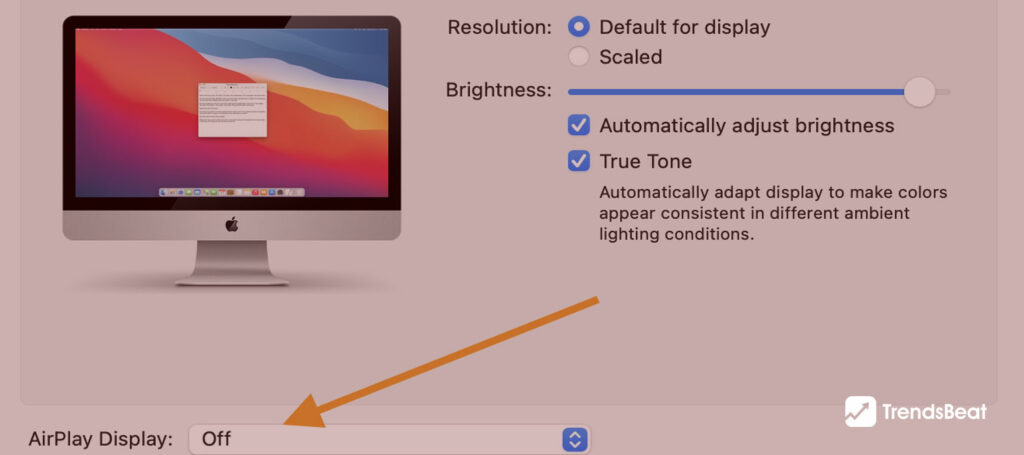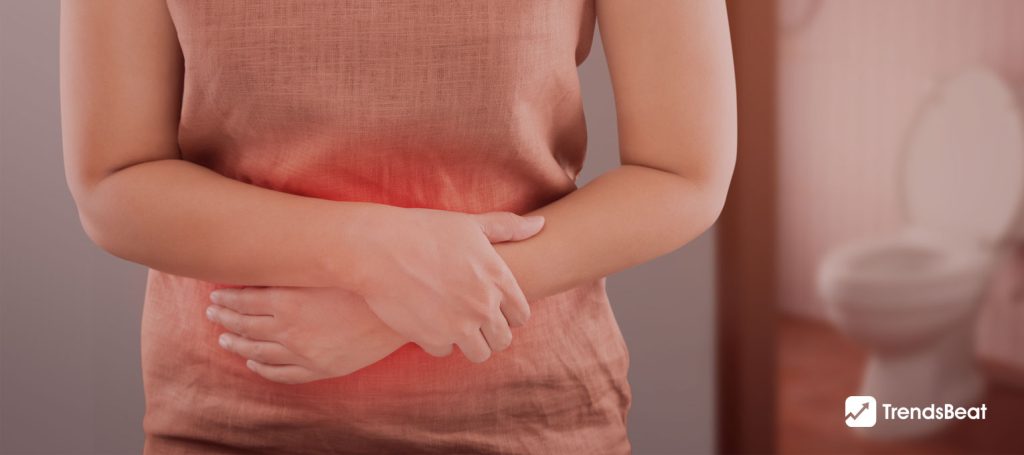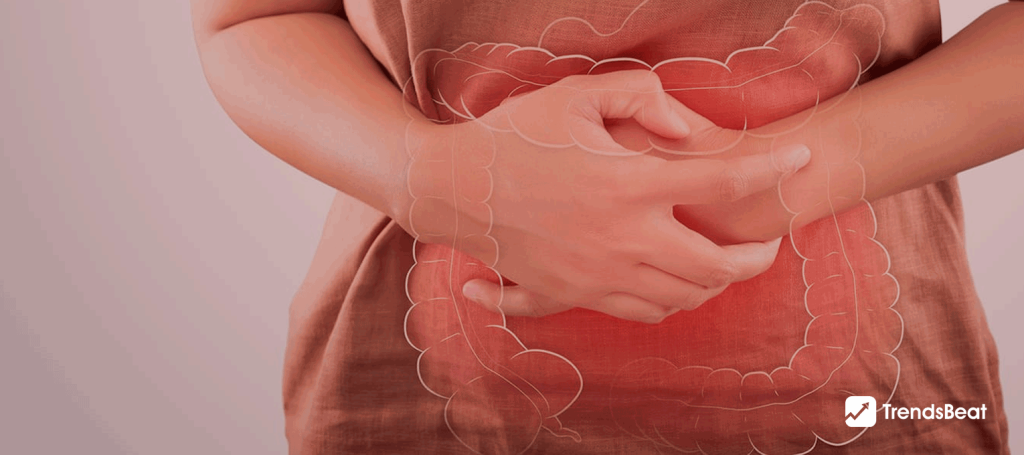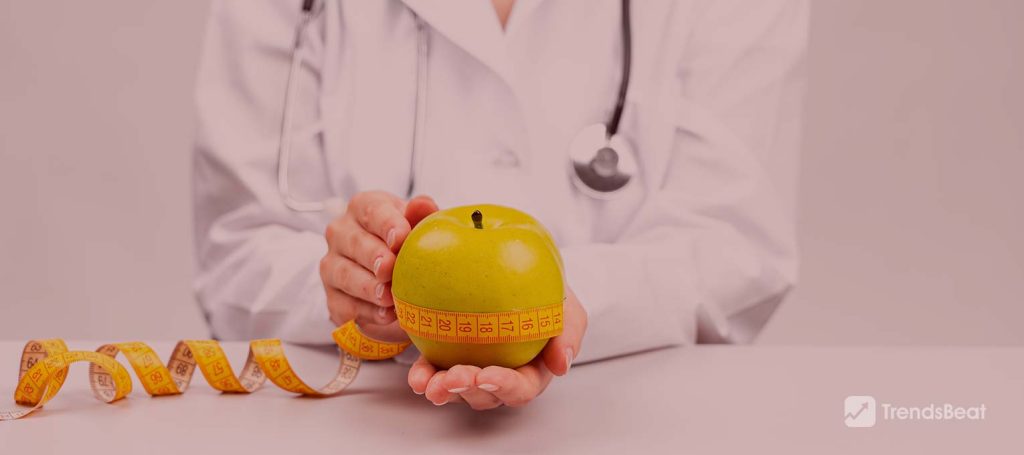Ketogenic Diet Side Effects: How Long Is It Safe to Be in Ketosis?

Despite the many benefits of the ketogenic diet, there are many ketogenic diet side effects. A ketosis diet’s side effects range from keto flu to low libido to bad breath. The keto diet is so common these days that everybody is praising it. But before starting this diet, you probably want to know the ketogenic diet side effects to get an idea of whether it’s good for you or not. Basically, a keto diet requires you to stick to the very low-carb diet to put your body into a metabolic state called ketosis.
When you reach the ketosis state, your body becomes more efficient at burning fat. A keto diet strictly restricts carbs consumption and emphasizes increasing fat intake. One of the most common keto diet side effects is keto flu, which includes a variety of symptoms such as nausea, fatigue, headache, and anxiety. This diet can have some health issues. This blog has discussed ketogenic diet side effects and how long it is safe to be in ketosis.
Ketogenic Diet Side Effects
The trendiest keto diet plan may lead to long-term health risks, outweighing short-term benefits. Researchers have found that the keto diet is not healthy for pregnant women and people with kidney diseases. It can also lead to many people’s long-term heart diseases, cancer, and Alzheimer’s disease. Basically, the keto diet is a low-carb weight loss program that helps you burn fat faster. A diet that is less in carbs and high in protein and fat is known as a ketogenic diet. But here are also some common ketosis diet side effects that you need to know before going into such diet plans.
![[Ketogenic Diet Side Effects] How Long Is It Safe To Be In Ketosis [Ketogenic Diet Side Effects] How Long Is It Safe To Be In Ketosis](https://trendsbeat.com/wp-content/uploads/2023/04/content-image-1-Ketogenic-Diet-Side-Effects-How-Long-Is-It-Safe-To-Be-In-Ketosis.jpg)
Ketogenic Diet Side Effects and Symptoms
Do you know that the keto side effects are more prominent in the first week? During the first week, people start to feel bad. This might be because of the keto flu. But it can also be because of the fewer intake of sugar and carbohydrates. The temporary ketosis symptoms and keto side effects are listed below:
- Fatigue
- Constipation
- Trouble in Sleeping
- Stomach Problems
- Nausea
- Irritability
- Cramps
- Sour Muscles
- Dizziness
- Bad Breath
- Sugar Cravings
- Brain Fog
Keto Flu- One of The Common Ketogenic Diet Side Effects
To the people who eat high carbohydrates such as sugar more in their diet. When they restrict the sugary items or carbs from their diet, the sudden change because of the low carb diet can lead to a few ketogenic diet side effects. People transitioning from ketosis may suffer from keto flu. The common symptoms of the keto flu are insomnia, fatigue, vomiting, nausea, endurance issues when exercising, dizziness, constipation, and headache. Keto flu is a short-term keto side effect that can improve within a few days or one week. Hence, it is recommended to take fluid and drink enough water when you have keto flu.
Changes in the Blood Composition
People on a ketogenic diet may face an alteration in their blood composition; because of the changes in dietary consumption and less intake of carbohydrates, your blood composition changes. The lipid level and cholesterol level in your blood become high. So, it is preferable to reduce the ketogenic ratio and reduce the fat intake to carbohydrates and protein in some cases.
Short Term Ketosis Diet Side Effects
People who are on the keto diet suffer from short-term keto side effects. Here is the list of the common short-term ketogenic diet side effects.
- Excessive Thirst
- Fatigue
- Hunger
- Confusion
- Anxiety
- Frequent urination
- Tachycardia
- Slight deadness
- Shakiness
- Sweating
Long Term Effects of Keto Diet
If you extend the keto diet for a longer period, you may suffer the long-term effect of the keto diet. Kidney stones, also called nephrolithiasis, are the primary ketosis symptom found in people on the keto diet. The formation of kidney stones is linked to hypocitraturia and hypercalciuria when acidosis causes bone demineralization. Furthermore, low pH in urine can promote the formation of crystals and, eventually, kidney stones.
Also, ketogenic conscious people can have an increased risk of bone fractures. This happens because of the insulin factor changes like growth factor 1 and acidosis. Acidosis may lead to the corrosion of bones, weaken your bones, and leave them prone to fractures. To avoid these ketosis symptoms, patients regularly take minerals and vitamins supplements.
![[Ketogenic Diet Side Effects] How Long Is It Safe To Be In Ketosis [Ketogenic Diet Side Effects] How Long Is It Safe To Be In Ketosis](https://trendsbeat.com/wp-content/uploads/2023/04/content-image-2-Ketogenic-Diet-Side-Effects-How-Long-Is-It-Safe-To-Be-In-Ketosis.jpg)
Is It Safe to Be in Ketosis?
Many people ask: is it safe to be in ketosis? Well! Let me answer this question by the following situation. Imagine you have loosened weight, are pleased and energetic, and are in love with yourself. Suddenly, your friends ask you to make a plan for dinner. You plan with them because you do not want to become unsocial. While having some carbs at dinner, a thought would come into your mind: is ketosis healthy in the long run? How long should I stay on it?
Well! You should only follow it if you can make it your lifestyle. Remember! If your diet has an endpoint, that is a problem, but if you change your lifestyle, there is no endpoint; you have to put the work in. It is safe to be in ketosis if you follow the proper guidelines of this diet, do exercise, eat-in portion control, and take the necessary supplements. Researchers say that if you are overweight or obese, the ketogenic diet is safe to follow. But if you are a chronic patient or type 1 diabetes patient, it is not safe because it may lead to severe medical conditions. It can lead to the deficiency of vitamins and minerals from your body in the long run, resulting in heart diseases.
Conclusion
This blog was about the ketogenic diet’s side effects and symptoms. This diet has both short-term and long-term side effects. In the first week of the keto diet, people usually suffer from keto flu. The keto flu symptoms are anxiety, nausea, vomiting, dizziness, constipation, and headache. The long-term effects of the keto diet include kidney stones and fractures in the bones. Indeed! This diet plan is very effective for weight loss, but it can have adverse effects on the health of diabetic 1 type patients and chronic patients in the long run. So, always consult your doctors before starting any diet if you suffer from any disease.















































































![Essential-Cybersecurity-Tips-for-Small-Businesses-[Protect-Your-Data]-TrendsBeat](https://trendsbeat.com/wp-content/uploads/2023/05/Essential-Cybersecurity-Tips-for-Small-Businesses-Protect-Your-Data-feature-image-template-1024x455.jpg)


















![Top Fitness Trends & Workout Routines to Follow [Stay Fit, Stay Healthy]](https://trendsbeat.com/wp-content/uploads/2023/04/feature-image-Top-Fitness-Trends-Workout-Routines-to-Follow-Stay-Fit-Stay-Healthy-1024x455.jpg)










![[Weight Loss Medication Health Effects] Side Effects and Best Advice](https://trendsbeat.com/wp-content/uploads/2023/04/feature-image-Weight-Loss-Medication-Health-Effects-Side-Effects-and-Best-Advice-1024x455.jpg)



